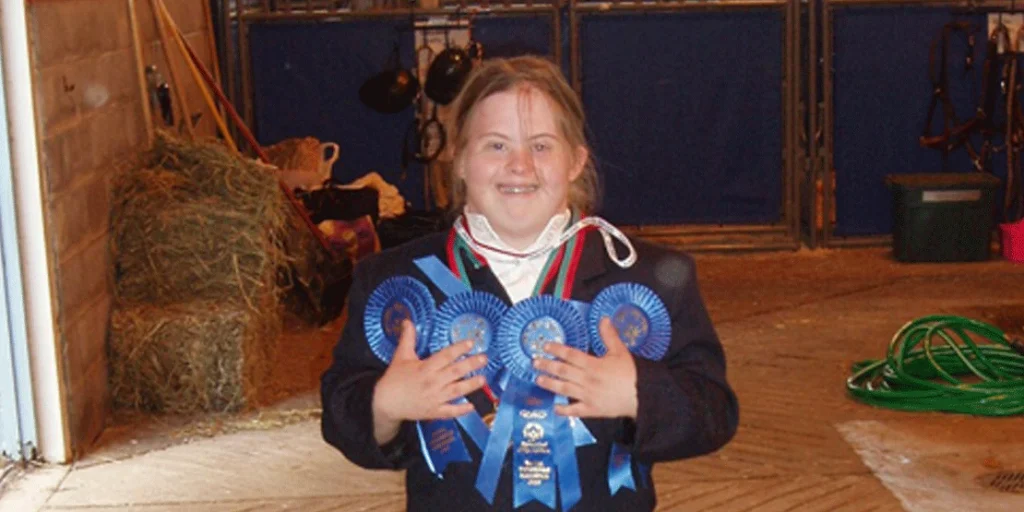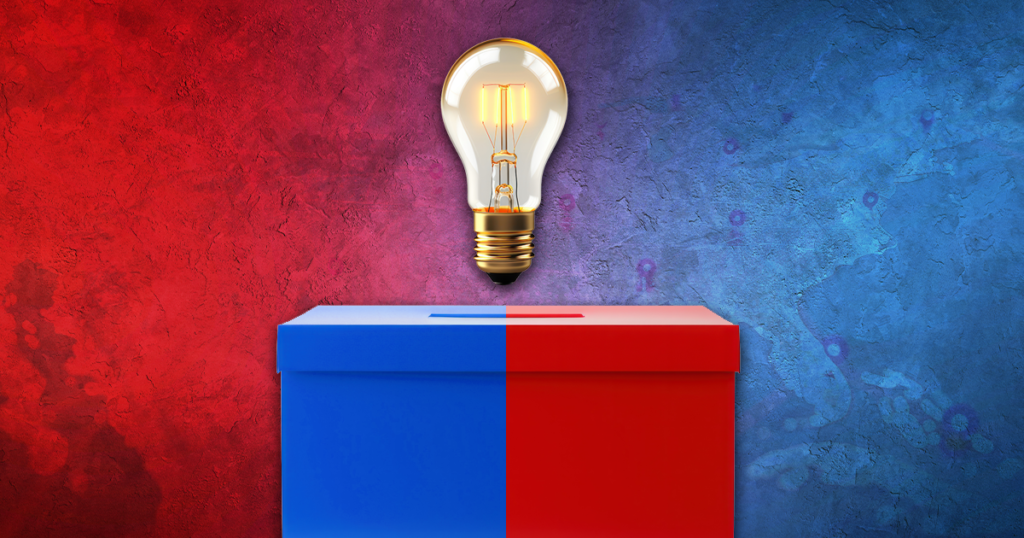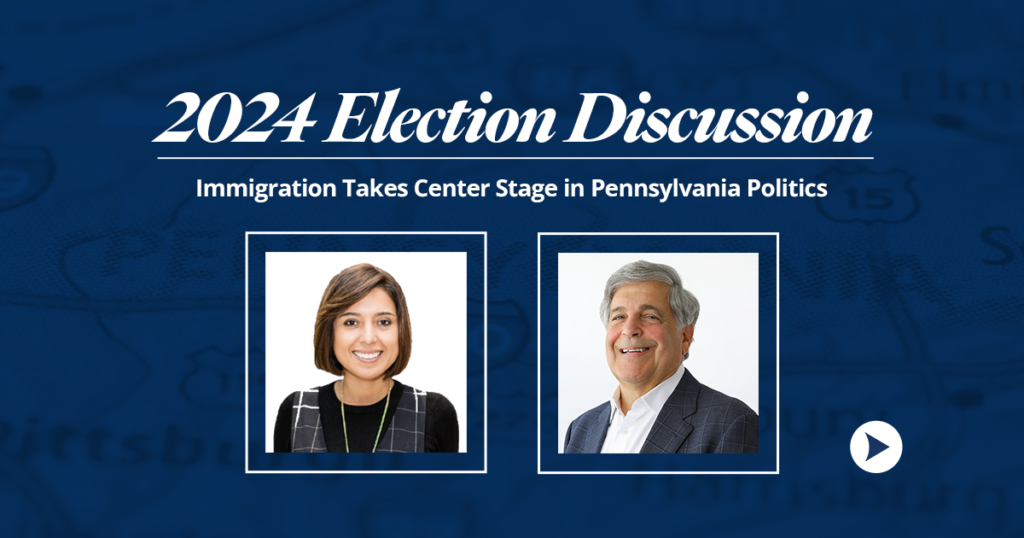
The recently proposed federal budget cuts in the Department of Education’s line item for Special Olympics in schools left me dumbfounded and angry. It’s difficult for me even to talk about it.
(Deep Breath) But here goes:
As the mother of an adult daughter with an intellectual disability, I have witnessed firsthand how the pendulum has slowly swung over the past 28 years from the exclusion of people with intellectual disabilities in our schools, workplaces, communities and houses of worship to an atmosphere of opportunity, acceptance and inclusion. It was long thought that those with intellectual disabilities didn’t have the capacity to learn, contribute, work or participate alongside their non-disabled peers. We’ve since realized that those limitations were mostly because they didn’t get the opportunity to be included.
Over the last 50-plus years, much has been done to increase educational opportunity for people with disabilities. But it wasn’t until July 1990, with the passing of the Americans with Disabilities Act (ADA), that the door opened wide for opportunity and inclusion – not only in our schools but also in our communities. The ADA prohibits discrimination against the disabled in all areas of public life, including jobs, schools, transportation and all public and private places open to the general public.
An interesting thing happened after that landmark legislation passed: The more visible people with disabilities became, the more they were accepted and included.
This didn’t happen overnight and it was not seamless. But this visibility and accessibility provided opportunity for those with disabilities to learn, work, participate and belong. And their non-disabled peers realized we are all more alike than we are different.
The seed for this level of consciousness was planted in the early 1960s by Eunice Kennedy Shriver in her backyard summer camp, where kids of all abilities played and competed alongside one another. This camp turned into the worldwide movement of the Special Olympics. In subsequent years, Special Olympic Clubs and Best Buddy programs started across the country in elementary, middle and high schools as well as college campuses. These programs are specific in their mission to bring together people of all abilities; to unite, educate, include and, of course, to compete.
One of the greatest outcomes of the Special Olympics and Best Buddies programs in our schools is that all students have the opportunity to belong and be part of a diverse and inclusive community. Many of these students are the future doctors, lawyers, teachers and legislators who will care for and make decisions for those that don’t have their own voice. Their early experience with Special Olympics and Best Buddies gives them a foundational sensitivity and firsthand experience that will inform their decisions on behalf of this population – unlike that which was recently proposed.
We cannot allow this foundational experience for the Special Olympics athletes or their friends and supporters to be taken away or diminished just to balance the budget. If we do, we take away one of the best opportunities for people of all abilities to have a rich and diverse life experience that includes everyone.
Read more about the Special Olympics through Tim Shriver’s perspective.

Cynthia McCurdy is Ceisler Media’s Director of Business Operations based in our Philadelphia Office.



